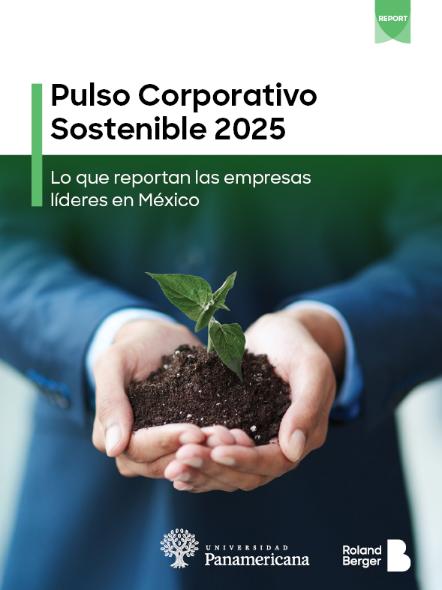The findings of this report show that although progress is being made by Mexican companies, significant gaps remain—particularly when compared to global peers.
Decarbonization efforts are underway, but most companies still do not fully report their emissions footprint. While Scope 1 and 2 emissions are somewhat disclosed, Scope 3—which includes emissions generated across the value chain—remains largely unreported.
Without country-specific data, companies find it difficult to identify decarbonization opportunities or meet emerging regulatory expectations. Circularity is gaining traction, supported by local regulations such as Mexico City’s Circular Economy Law. However, most companies focus on basic actions like internal waste management instead of adopting circular design or product reuse strategies that could lead to long-term cost savings and supply chain resilience. Regarding regulatory compliance, Mexican companies are not yet aligned with global standards like the European Union’s Corporate Sustainability Reporting Directive (CSRD).
Only a small number of companies use double materiality frameworks that assess both business impacts and broader societal effects. This could leave many businesses unprepared as similar regulations expand globally.
The message is clear: Mexican companies need to step up their sustainability efforts to remain competitive, attract investment, and future-proof their operations. Those leading in transparency, emissions reporting, and circular innovation will be better positioned in both local and international markets.
Download the full report for sector-specific insights and actionable steps to improve sustainability performance.










_person_320.png?v=1687234)